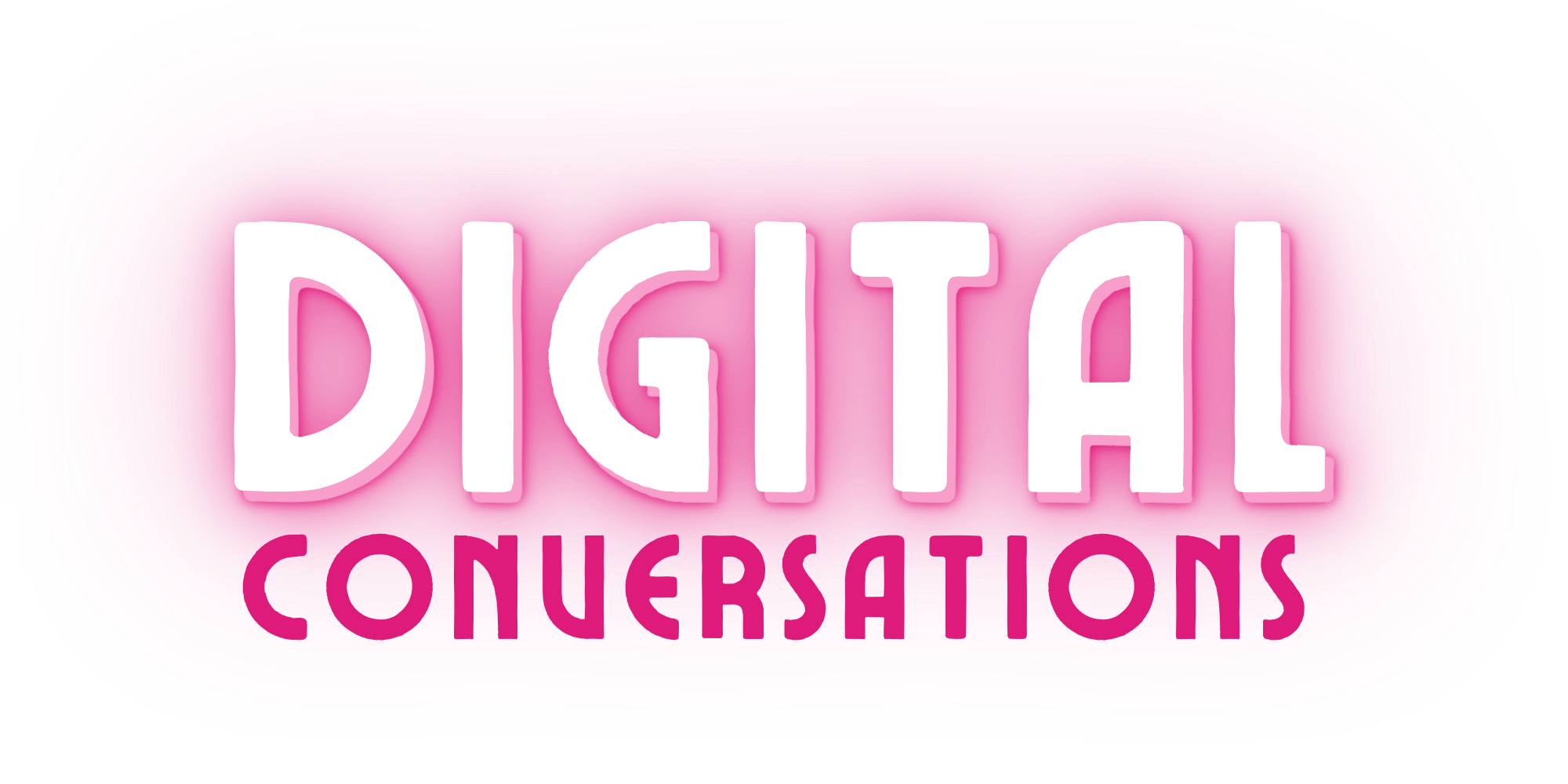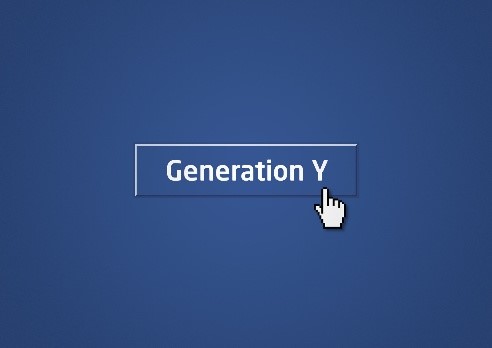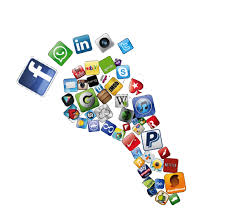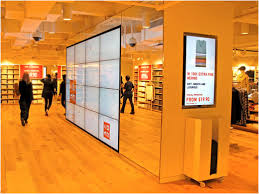Why Gen Y is social media obsessed
GUEST BLOG by Jess Mackay, Gen Y Writer and future author
The young people of Generation Y have adopted the name ‘digital natives’ for their ‘addiction’ to all things technology. It is estimated that the average Gen Y individual is a member of 2.5 social networks and about 80% of the same age group will log onto social media at least once a day. Whilst previous generations have criticised this ‘obsession’ with a digital life, there are many reasons as to why the digital world has become so popular.
Scientifically, internet usage and in particular posting content to social media, has been described as giving the user the same rush as recreational drug use. Obviously the latter being less detrimental to your health, but no less addictive. The feeling of posting our photos, videos, status updates and comments stimulates the part of our brain that controls addiction and ultimately keeps us using. This phenomenon explains the obsession with spending our lives online, however the digital world also offers things that the previous generation never had.
- Visual engagement: 90% of information transmitted to the brain is visual and visuals are processed on average, 60,000 faster than text. Therefore, digital marketing in comparison to text or traditional advertising will not only reach the customer faster but drives engagement.
- Information giveaway: Print information comes at a price: newspapers, magazines, advertising all needs to be purchased and can only reach the people who need it. In contrast, digital advertising and media is generally free to everyone with an internet connection. Customers can now receive ‘information giveaways’ from videos and photos on social media to statuses and updates by online companies and news stations.
The only reason Generation Y is obsessed by the digital world is that the phenomenon was founded in their time. Although more generations are utilising digital platforms than ever before, Gen Y were the ones that had first access to everything online and have now become ‘addicted’ to the engagement, social tools and ease of use that modern technology can provide.





